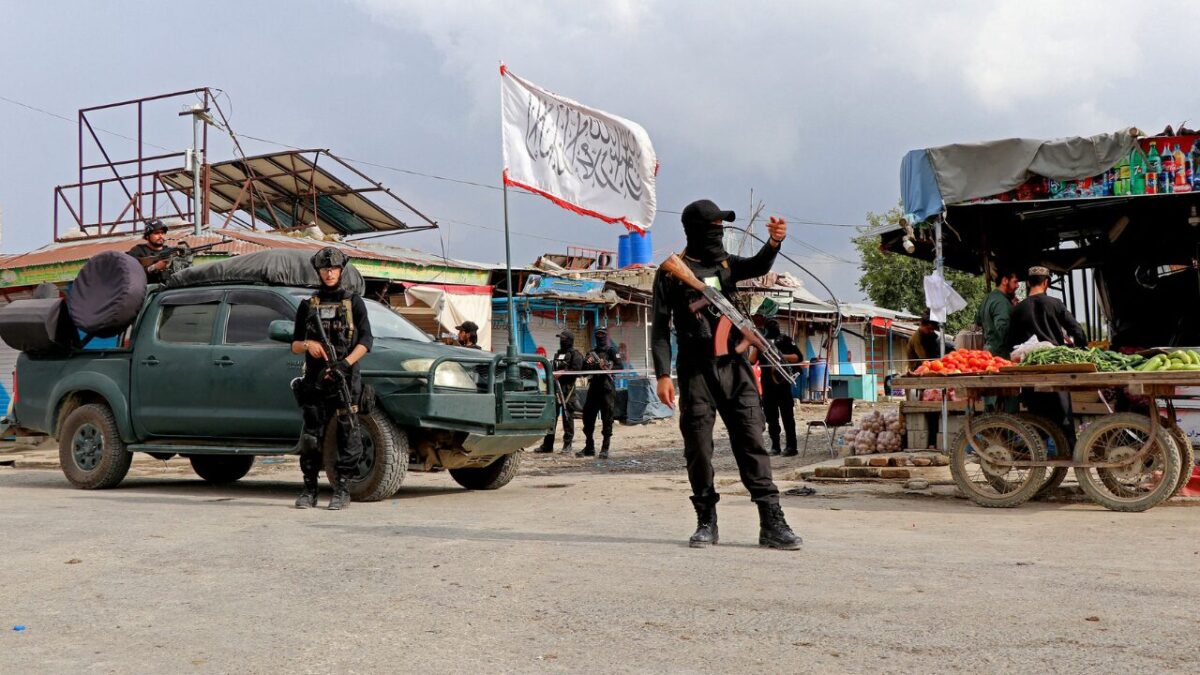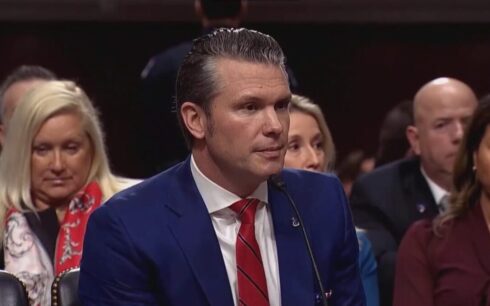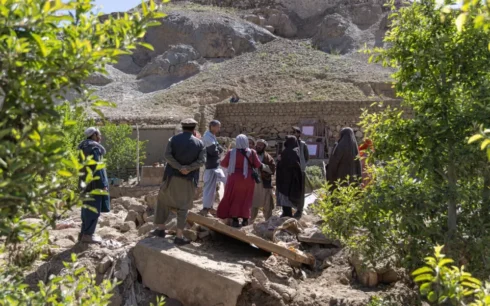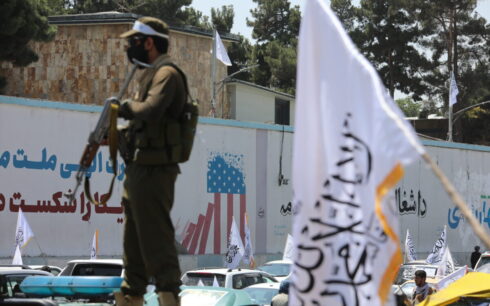As August 15 marked the third anniversary of the Taliban’s takeover of Afghanistan, the regime remains unrecognized by any country. Despite efforts by the United Nations to reintegrate Afghanistan into the international community, the Taliban has failed to meet international demands for political inclusivity, women’s participation, and respect for human rights.
A recent report by U.N. Secretary-General António Guterres highlighted tensions and disagreements among Taliban leaders. Earlier this year, the Taliban’s reclusive leader, Hibatullah Akhundzada, indicated that he was willing to step down if it would resolve internal disputes within the group. However, the Taliban’s political opponents remain in exile.
The U.N. initiated the Doha Meetings Process, aiming to facilitate Afghanistan’s reintegration into the international community and find consensus on the country’s issues. So far, three rounds of these meetings have been held.
The first Doha meeting, on May 1, 2023, took place without Taliban participation. The second, on February 18-19, 2024, was boycotted by the Taliban but attended by civil society and women’s representatives. The third meeting, on June 30-July 1, 2024, included the Taliban but excluded civil society and women from the main discussions. The U.N. and several countries have expressed intentions to engage with the Taliban, though challenges remain.
Rosemary DiCarlo, the U.N. Under-Secretary-General for Political and Peacebuilding Affairs, has stated that the next round of Doha meetings will be held in the near future. The U.N. has conducted an assessment of Afghanistan’s situation, recommending a collective roadmap for reintegrating the country into the international community. The assessment also called for the appointment of a special envoy for Afghanistan, implementation of its recommendations, and increased global engagement. A key focus remains ensuring the full, equal, and meaningful participation of women in all processes and intra-Afghan dialogue.
While the Taliban has maintained good relations with regional countries, with the exception of Tajikistan, they have yet to form an inclusive government—a key demand of the international community, including regional powers. The Taliban’s stance is that issues of governance and human rights are internal matters. Meanwhile, countries such as China and Turkmenistan have formally accepted the credentials of Taliban representatives, and the Taliban now control Afghanistan’s diplomatic missions in most regional countries.
The U.N. reports highlight internal differences among Taliban leaders, noting that the group has made no progress on political inclusivity and continues to struggle with internal governance issues. Over time, the center of governance appears to have shifted towards Kandahar, where Taliban leader Hibatullah Akhundzada has issued a series of oppressive decrees restricting women’s rights and freedoms.
“I do not want Muslims to be divided inside and outside the system. If everyone’s unity relies on my removal, I will be happy to step down,” Akhundzada said, reflecting the ongoing internal tensions within the group.
The central question remains whether the Taliban has achieved internal and external legitimacy.
“In the past three years of Taliban rule in Afghanistan, unfortunately, neither internal nor external legitimacy has been achieved at an appropriate level. External legitimacy depends on internal legitimacy. Inside Afghanistan, the rule belongs to the Taliban and the mullahs; it does not belong to the other people of Afghanistan,” said Mohammad Omar Daudzai, a former Interior Minister.
The Taliban’s political and armed opposition in exile remains fragmented. A U.N. report from February 2024 noted that meetings of political opposition groups abroad have posed a challenge to the Taliban. These groups have held meetings in Dushanbe, Vienna, and Moscow, but they have yet to gain recognition in global discussions on Afghanistan.
Meanwhile, Afghan citizens continue to bear the brunt of the Taliban’s policies amid a persistent political deadlock and a deepening humanitarian crisis.





